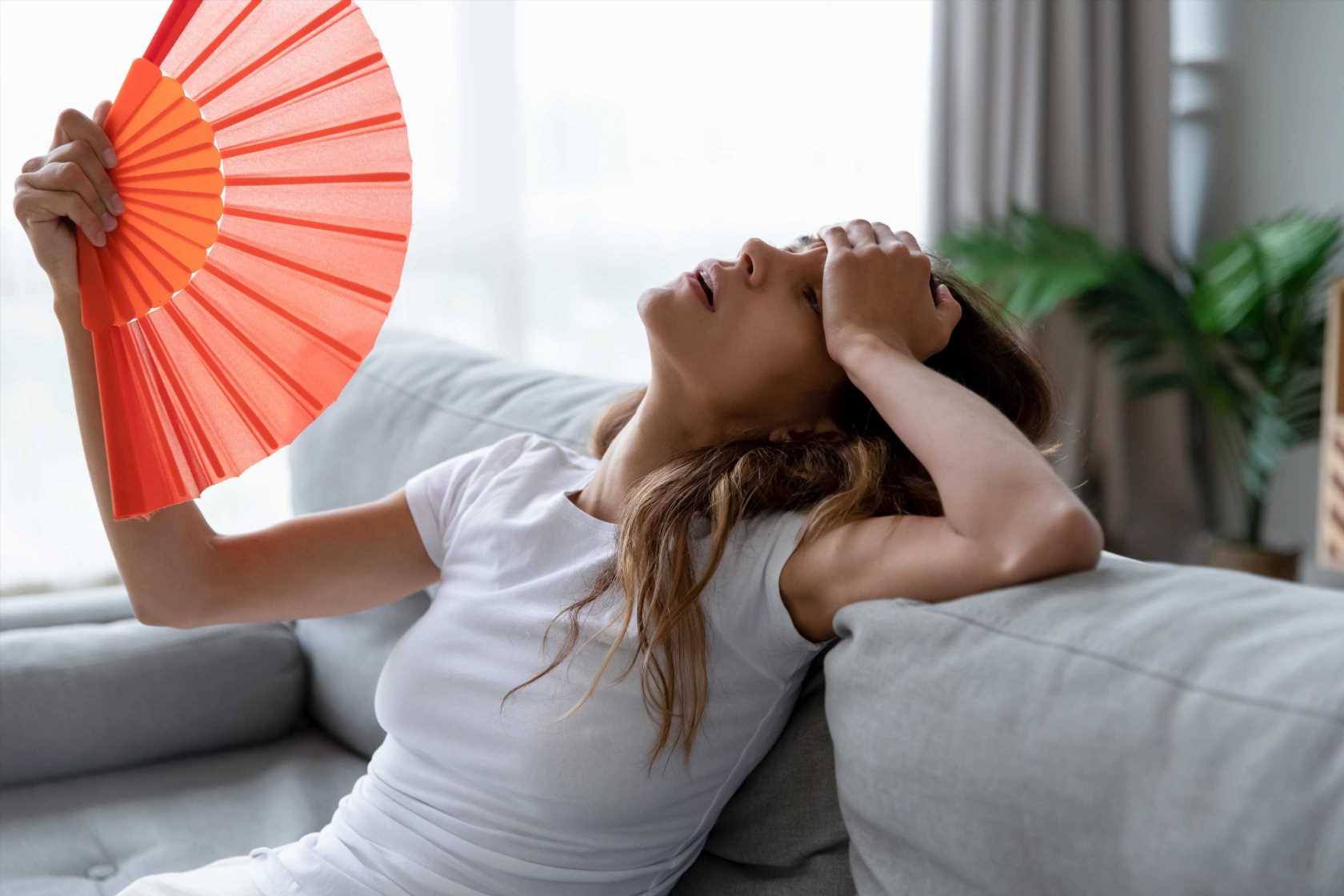Here we are again, in grips of another British heatwave.
Just weeks after the UK reached temperatures of 40C, England has been basking in sweltering temperatures yet again.
Brits are facing more sunny days, sweltering nights and unpleasant side effects like heat rash and even worse, heat stroke.
But how do you treat the prickly red marks and heat exhaustion? Better yet, how do you prevent them from happening in the first place? Here, we ask the experts.
Heat rash – or to give it its scientific name miliaria rubra – is caused by excessive sweating.
The excess sweat blocks the sweat glands found beneath the skin and causes your sweat to leak into surrounding tissue.
Read more on heatwave
Best and worst fans for a heatwave – the biggest energy guzzlers revealed
Heatwave alert extended again as health chiefs warn young kids & elderly at risk
This leakage can cause irritation and redness which can feel prickly and sore.
The rash usually looks like tiny bumps surrounded by red skin. It tends to happen on clothed parts of your body, like your back or neck.
Deputy superintendent pharmacist and Well Pharmacy, George Sandhu said that the rash usually gets better on its own after a few days.
However, to stop the rash getting worse, George says the skin must be kept as “cool as possible, so as not to sweat and irritate the rash”.
Most read in Health

I had to put down all five of my dogs after catching disease from rescue pup

I nearly died just from drinking WATER to cool down in heatwave

I was given a year to live after my sunbed addiction – I had pressure to fit in

Horrific scans show woman impaled after she fell on her Christmas tree
Wearing loose cotton or linen clothing will also keep the skin cool, as can having cold-water showers but avoid using perfumed shower gels or creams.
For some instant relief, George suggested applying something cold to the rash, such as a damp cloth or ice pack (wrapped in a tea towel) for up to 20 minutes.
Heat stroke can affect anyone but particularly children, the elderly and people with long-term health conditions such as diabetes or heart conditions.
“It is therefore important to pay particularly close attention to these groups,” George said.
Drinking plenty of cold water, especially when exercising, is an effective way of preventing heat stroke, George said.
He also suggested avoiding excess alcohol intake, taking cool showers or baths and wearing loose fitting clothing.
“It’s also important to avoid the sun when it is at its highest point in the day, usually between 11am and 3pm”, he added.
George said that heat stroke is often characterised by a high body temperature of 38C or above, feeling sick and a headache.
Other symptoms can include dizziness and confusion, loss of appetite, excessive sweating pale and clammy skin and extreme thirst.
It's also possible to experience cramps in arm, legs and stomach and breathing.
If you think someone you know may be suffering from heatstroke, you can first try to cool them down.
George suggested moving the person to a cool place, raise their feet slightly, and get them to drink plenty of water (sports drinks should also work).
"It may also be worth cooling their skin down with a spray or sponge with cool water and fan them.
"Cool pack wrapped in a tea towel around the neck and armpits are also good," he added.
It is important you stay with them until they recover and are feeling better, which should usually occur with 30 minutes.
The hot weather is now set to continue into next week, with the Met Office predicting highs of 35C.
The alert had been in place until Sunday, but the UK Health Security Agency (UKHSA) has now extended this to Tuesday August 16.
Chiefs first raised the alarm on Tuesday this week and said temperatures wouldn't drop below the low 20s.
Read More on The Sun
I saved £20k in 2 years for house deposit with my clever side hustle
We’ve had no oven for 7 MONTHS as Wickes turned dream kitchen into nightmare
Now, the Met has said temperatures will remain in the high 20s well into the start of next week – with northern regions seeing temperatures decline from Monday.
Medical chiefs have said that young children, those with underlying health conditions and the elderly are more likely to experience adverse health effects.
Source: Read Full Article





